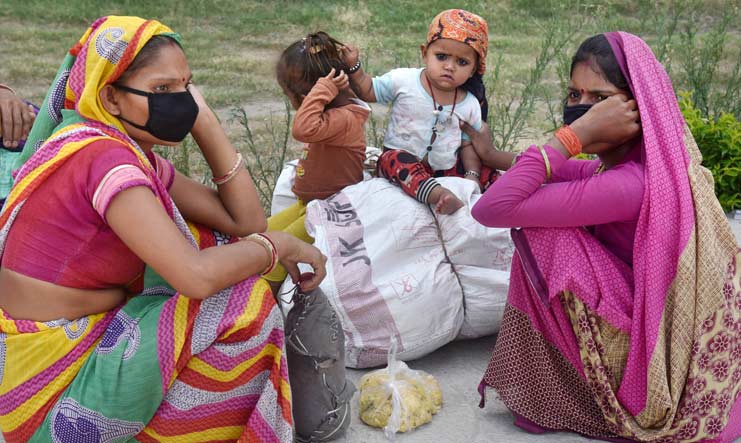Shravan Krishnan, an animal activist from Chennai, got an overwhelming response when he recently put up a post on social media on how beach horses and their owners have been affected by COVID-19 outbreak.
The beaches have been shut to tourists and having lost their means of livelihood, many of the horse owners are not able to take care of the horses. “They don’t have any means of income. There are no events or marriages. So these people are struggling and so are the horses,’’ wrote Shravan.
Arjun, one of the owners wanted to give up his horse. It would cost Rs 20,000 to buy off the horse from its owner and hand it to Besant Memorial Animal Dispensary. The story struck a chord with many and donations poured in. It took Shravan just a few hours to raise money.
The coronavirus pandemic has made humans more compassionate and empathetic. Heart-warming stories of people reaching out to the less fortunate abound during the pandemic.
In cities like Bengaluru, women are at the forefront of charity work. From donating home-cooked meals to migrant workers to offering financial support to daily wage workers, they contribute their bit. “We donated thousands of theplas to migrant workers in Bengaluru,” says Mala D. Shah from Bengaluru. Anoopa Anand managed to crowdsource food and even clothes for migrants while Samina Bano of Rightwalk Foundation feeds the poor.
With the COVID-19 pandemic disrupting supply chains all over the world, NGOs have been playing the crucial role of undertaking service delivery to assist the government’s efforts to bring relief to people, says Shri Chanchalapathi Dasa, vice chairman, The Akshaya Patra Foundation. The foundation works with the union and state governments and UT Administrations to help vulnerable populations.
“We have cumulatively served over 65 million meals to people affected by the crisis in various locations across the country. We have been able to achieve this due to the collaborative efforts of everyone involved,” said Dasa.



